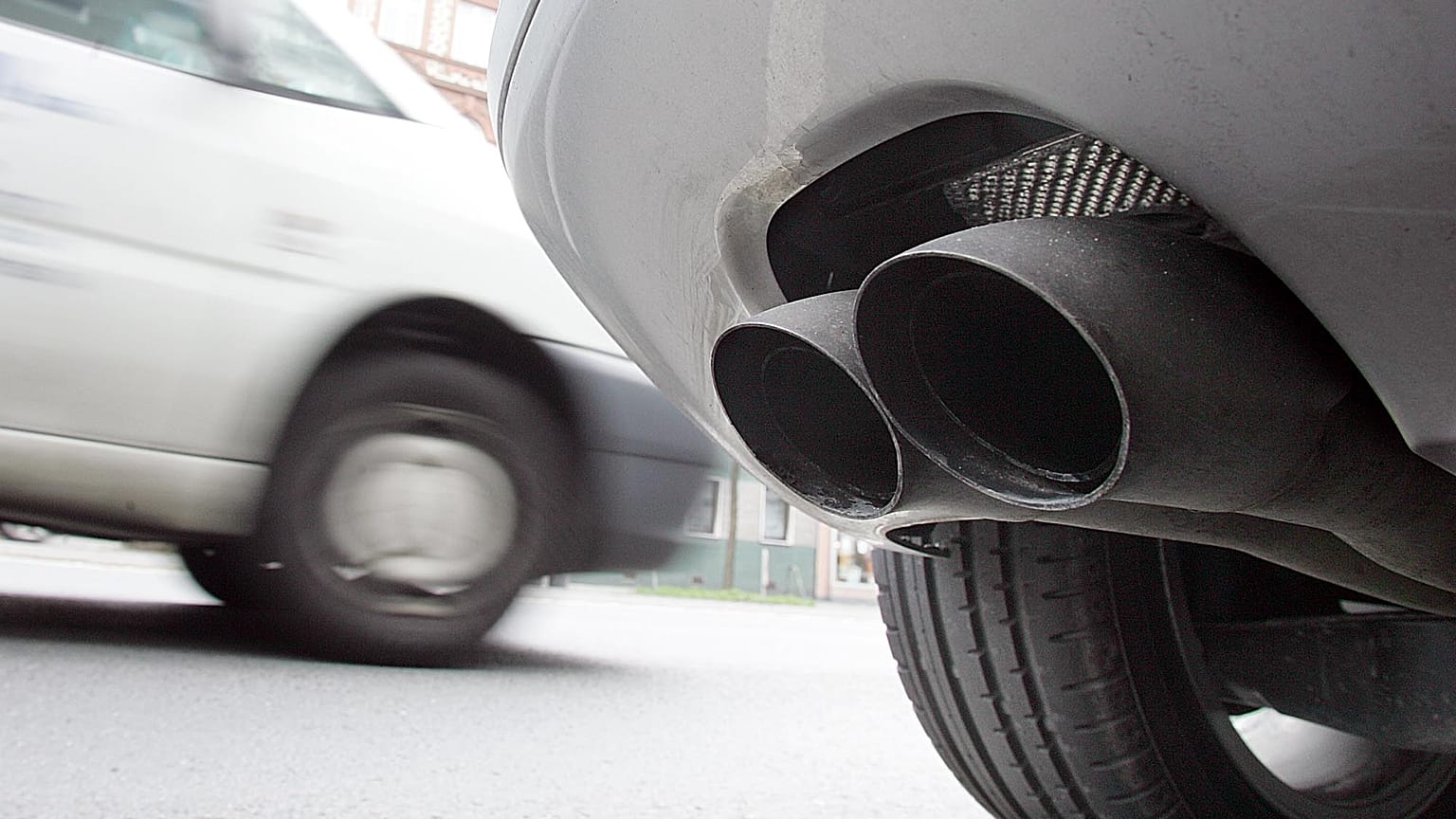Politics
France and Spain Seek Flexibility in 2035 Car Emissions Law

France and Spain have urged European Union (EU) leaders to maintain the 2035 ban on new petrol and diesel cars while seeking incentives to bolster their struggling automotive industries. In a letter addressed to EU officials, the two nations emphasized the necessity of zero-emissions vehicles as crucial for achieving carbon neutrality by 2050. This appeal comes in response to the European Commission’s announcement regarding a forthcoming revision of the law aimed at banning traditional fuel vehicles.
Both countries argue that rolling back the ban on zero-emission vehicles would jeopardize the EU’s commitment to carbon neutrality, a target now enshrined in the bloc’s climate law. The issue is set to be discussed at the European Council meeting in Brussels on October 26, 2023. The letter highlights that the continued support for plug-in hybrids post-2035 is “not acceptable,” a position that has faced pushback from several member states, including Germany, Italy, and Slovakia.
Germany, home to automotive giants like BMW, Mercedes-Benz, and VW, has vocally opposed the ban, citing concerns over the decline of its car industry. Italian Prime Minister Georgia Meloni has described the law as “madness ideology,” reflecting her discontent since its introduction. Similarly, Slovakian Prime Minister Robert Fico has warned that “green utopias” threaten the nation’s automotive sector.
Joint Appeal for Support and Fair Competition
In their letter, France and Spain highlighted the significant financial investments already made by the automotive industry to align with the EU’s binding targets. They pointed out the “unfair international competition” posed by China’s trade restrictions on rare earth metals, which have deterred European manufacturers. The letter states, “This founding choice, which has guided several tens of billions of euros of industrial investment in Europe since 2023, must not be called into question.”
While advocating for the retention of the zero-emission target, France and Spain recognize the challenges facing the European automotive sector. They propose that the upcoming revision of the law should address these difficulties and ensure incentives for manufacturers to invest in electric vehicle production within Europe. The two capitals call for flexibility in the timeline to meet the 2030 and 2035 targets, linking these goals to the production efforts of each car manufacturer operating in Europe.
Under the existing law, adopted in 2023, between 50% and 80% of new vehicle sales must be zero-emission—either battery-electric or hydrogen fuel cell—leading to a complete transition by 2035. The letter asserts, “The transition to electricity must not lead to the relocation of jobs to and increased dependence on third countries.”
EU Commission’s Commitment to Review
European Commission President Ursula von der Leyen indicated in a letter dated October 20, 2023, that she plans to expedite the review of CO2 emission standards for cars and vans. This initiative is part of a broader effort to balance the EU’s climate commitments with the competitiveness of its automotive industry.
In her correspondence, von der Leyen reaffirmed the EU’s commitment to technology neutrality and cost efficiency. She noted that the Commission is also evaluating the role of zero and low-carbon fuels in the transition to zero-emission road transport beyond 2030, including e-fuels and advanced biofuels.
The EU Commission is expected to announce the review of the current law banning the sale of traditional cars by 2035 by the end of this year. As discussions unfold, the future of the European automotive industry remains intertwined with the balance of environmental goals and economic viability.
-

 Health3 months ago
Health3 months agoNeurologist Warns Excessive Use of Supplements Can Harm Brain
-

 Health3 months ago
Health3 months agoFiona Phillips’ Husband Shares Heartfelt Update on Her Alzheimer’s Journey
-

 Science1 month ago
Science1 month agoBrian Cox Addresses Claims of Alien Probe in 3I/ATLAS Discovery
-

 Science1 month ago
Science1 month agoNASA Investigates Unusual Comet 3I/ATLAS; New Findings Emerge
-

 Science4 weeks ago
Science4 weeks agoScientists Examine 3I/ATLAS: Alien Artifact or Cosmic Oddity?
-

 Entertainment4 months ago
Entertainment4 months agoKerry Katona Discusses Future Baby Plans and Brian McFadden’s Wedding
-

 Science4 weeks ago
Science4 weeks agoNASA Investigates Speedy Object 3I/ATLAS, Sparking Speculation
-

 Entertainment4 months ago
Entertainment4 months agoEmmerdale Faces Tension as Dylan and April’s Lives Hang in the Balance
-

 World3 months ago
World3 months agoCole Palmer’s Cryptic Message to Kobbie Mainoo Following Loan Talks
-

 Science4 weeks ago
Science4 weeks agoNASA Scientists Explore Origins of 3I/ATLAS, a Fast-Moving Visitor
-

 Entertainment4 months ago
Entertainment4 months agoLove Island Star Toni Laite’s Mother Expresses Disappointment Over Coupling Decision
-

 Entertainment3 months ago
Entertainment3 months agoMajor Cast Changes at Coronation Street: Exits and Returns in 2025









